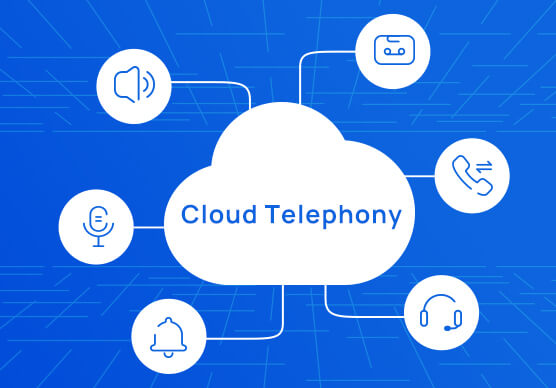The sales profession is in a deep state of flux. It’s transitioning to a digital-first approach from an offline, seller-driven approach, with the focus moving firmly to the buyer. The COVID-19 pandemic has certainly played its part in this shift, accelerating the digitisation of all things and effectively, revolutionising the nature of communications. To thrive after disruption of that scale, companies must alter their sales strategies and make them future-forward.
According to The Future of Sales in 2025 report by Garner, by 2025, 81% of B2B sales interactions between suppliers and buyers will occur through digital channels. That is the future of sales right there: largely digital, customer-driven and powered by a “convergence of hyper-automation, digital scalability and artificial intelligence.” Safe to say, the sales process will be driven by data, analytics and artificial intelligence (AI).

Data will drive sales in the future
A good CRM system, powered by cloud technology and integrated with your cloud sales, can help you gather and analyse this data. It will also enable you to create rich customer profiles which you can tap into for sales insights and to analyse sales trends. This data will also help improve the quality of your mass messaging, say through bulk SMSes.
Digital is the future of all things, including sales
Going forward, we can expect a majority of sales engagements to occur via digital channels and most sales to close digitally. Companies that are agile and willing to adopt a customer-engagement model that takes the digital-first approach will rule the future of sales. This approach requires expanding sales channels as opposed to growing the salesforce and creating engagement that encourages omnichannel buying. The present-day scenario is still not quite there. An in-person offline sales approach is still the norm. The importance of digital sales channels is recognised but this is more often than not lip service. The future is omnichannel, and you will have to meet customers in a channel of their preference and at their terms. Sellers will have no choice but to “use multiple, different and simultaneous digital sales channels.”
The future of sales is customer-centric
Every company likes to say they are customer-centric but are they truly? It’s still more talk, less action for most organisations. The thing is—it’s the customers who decide whether a company is customer-centric or not, and not the other way round. In any case, they make their opinion fairly well known on various social networks these days. So, in the future, sales teams will have to ensure that they are actually satisfying their customers. An excellent CRM powered by cutting-edge cloud telephony can assist sales teams in tailoring their approach to their customers’ needs.
Cloud systems are the future of sales
With a majority of the workforce working remotely, owing to the pandemic, companies realised employees should have remote access to essential work tools and platforms. Cloud technology has come to the rescue and helped revamp business communications systems. Cloud telephony has a huge impact on the productivity of sales representatives as well. For one, it takes over manual tasks so that the sales force can focus on what it does best: sales and sales strategy.
Automation will drive sales
Going by current trends, the future will bring innumerable touchpoints between a company and its consumers throughout the sales process. These will be embedded in multiple channels, and there is no way humans can respond adequately to all of them. Therefore, sales trends indicate hyper-automation, and a variety of automated sales tech tools will help bolster the digital sales process. An intuitive and evolved IVR (Interactive Voice Response) system is a great way to automate the more mundane parts of the sales process. With a good IVR, customer calls will be directed to the appropriate sales team quickly and efficiently.


